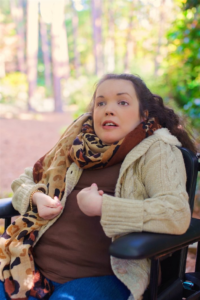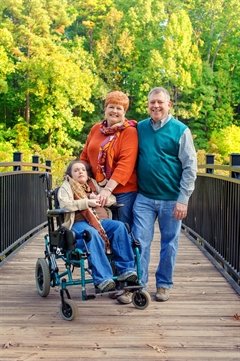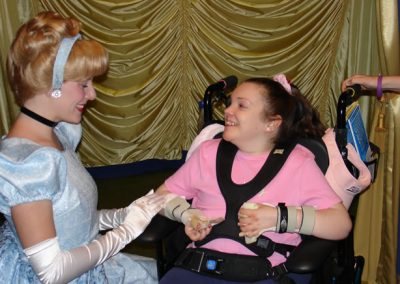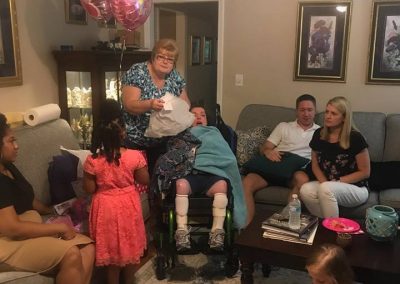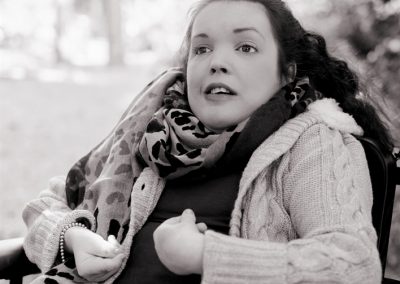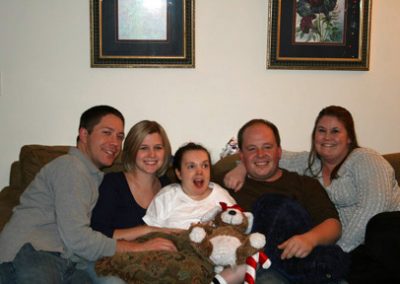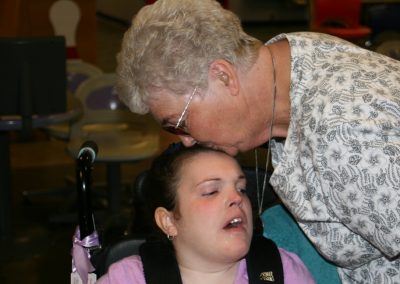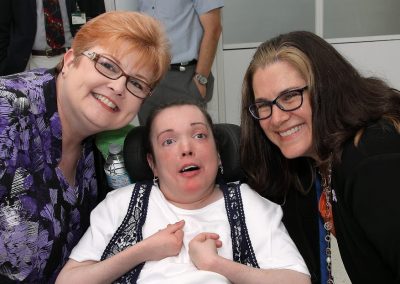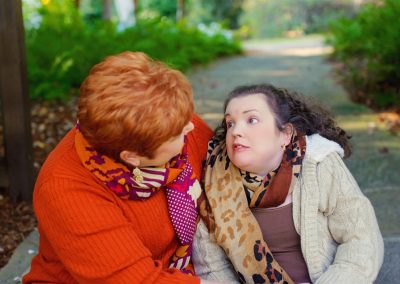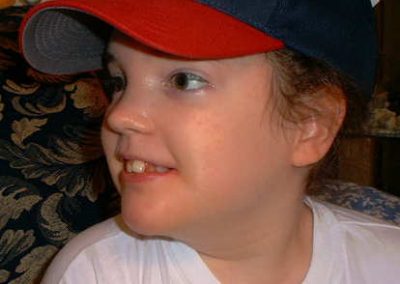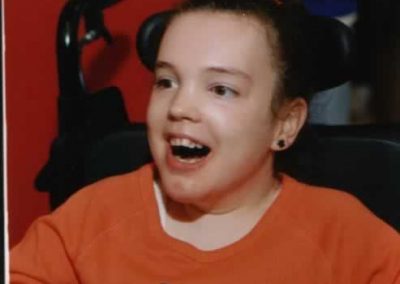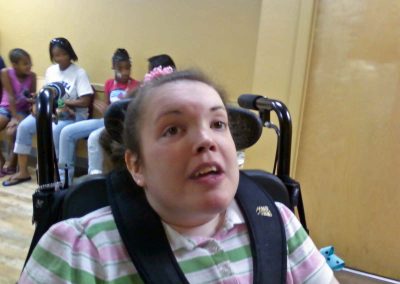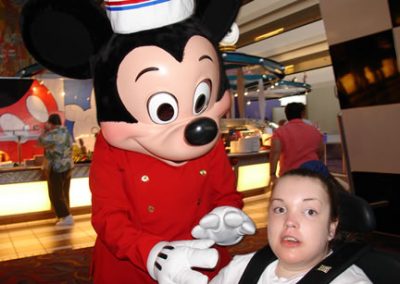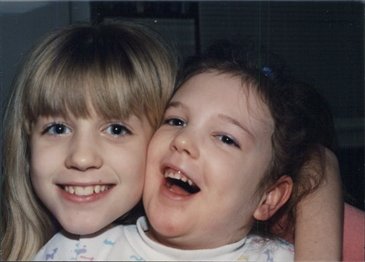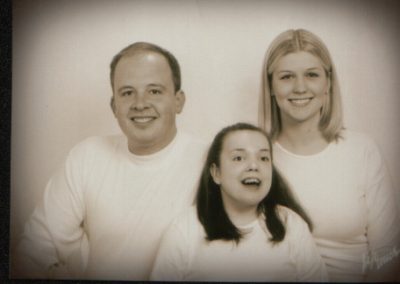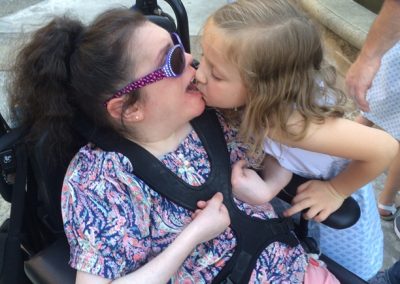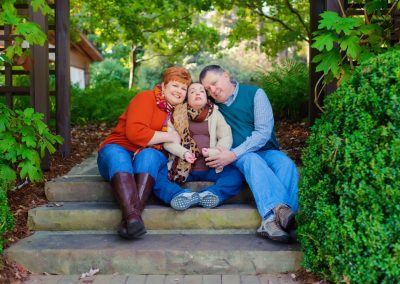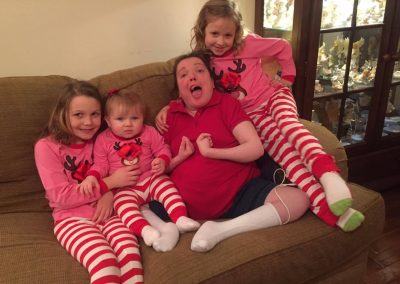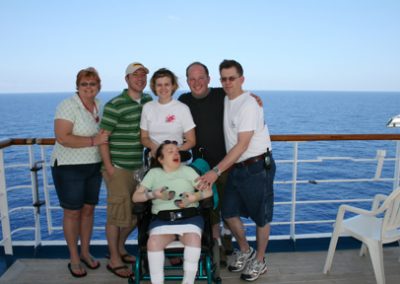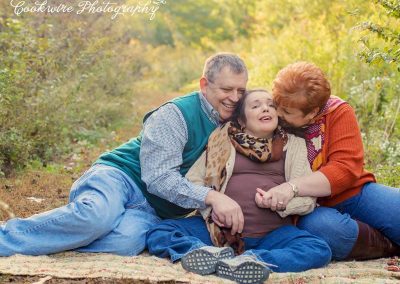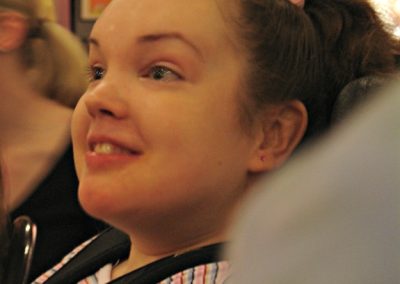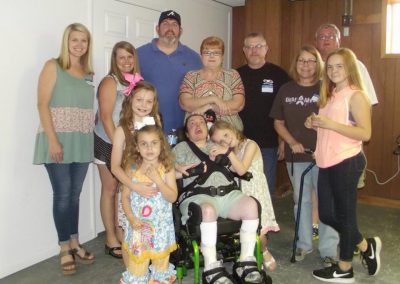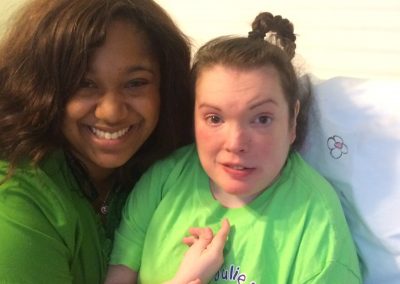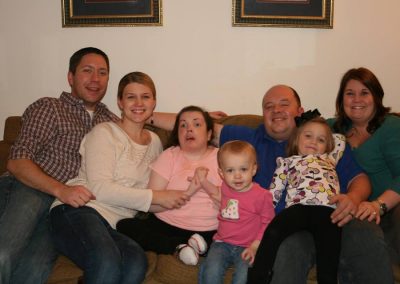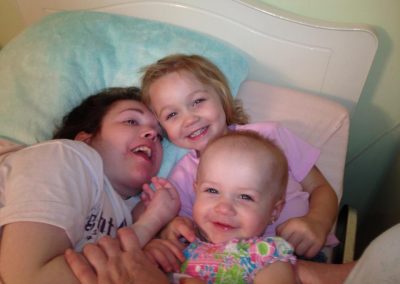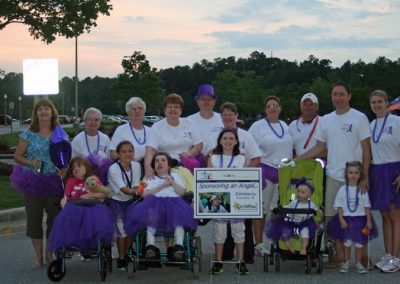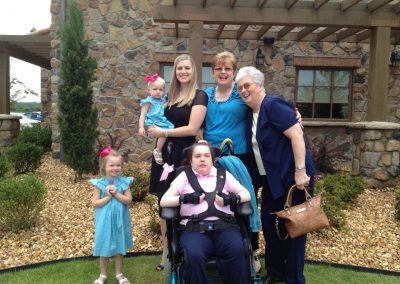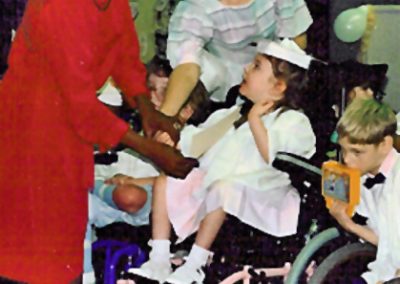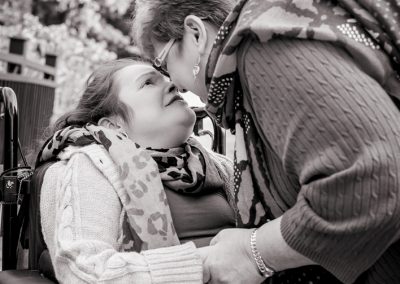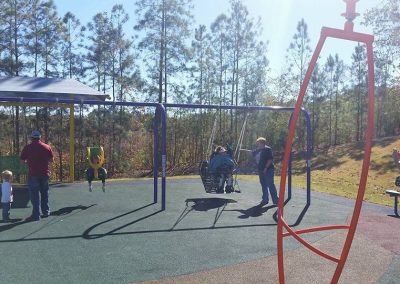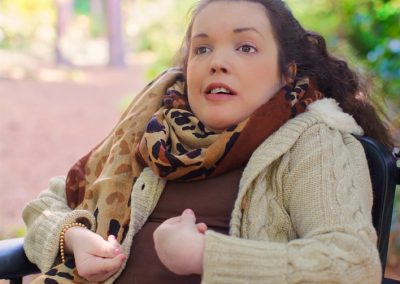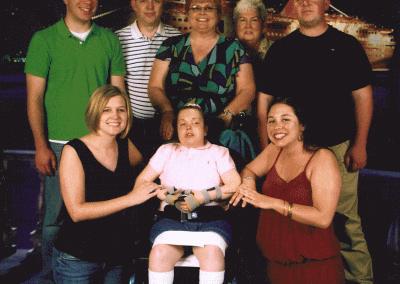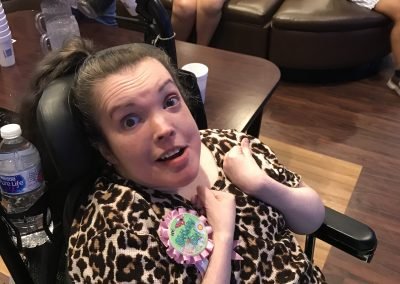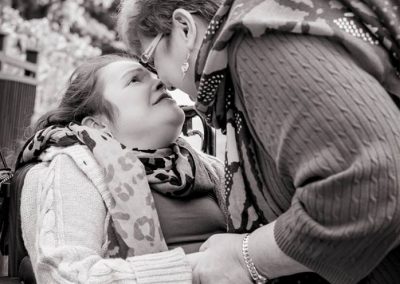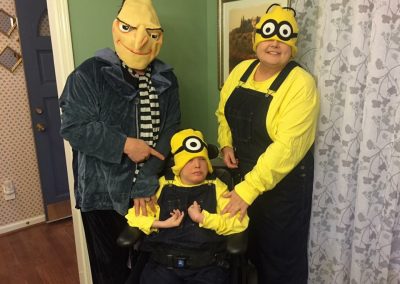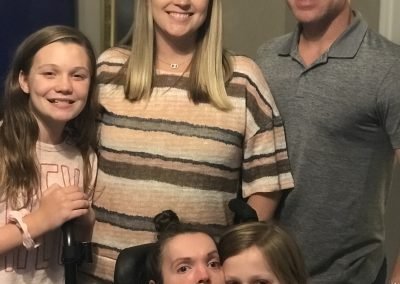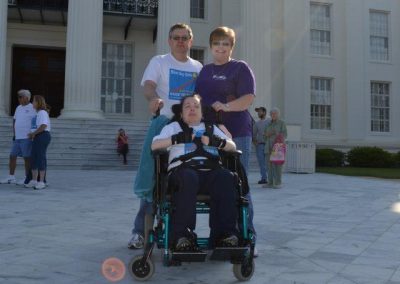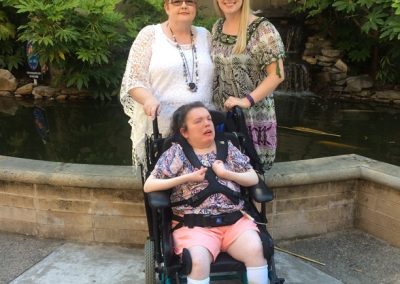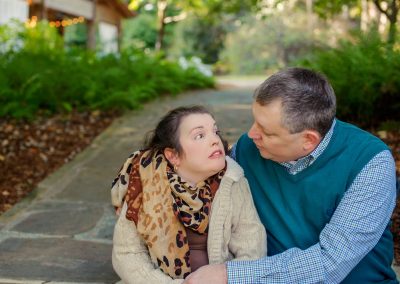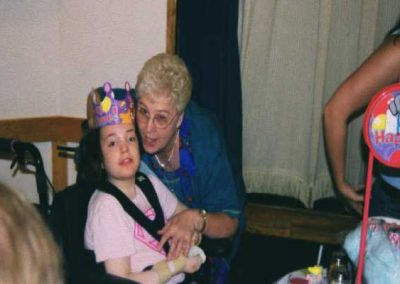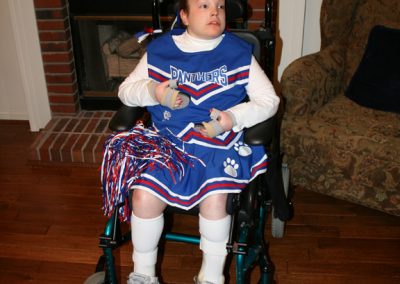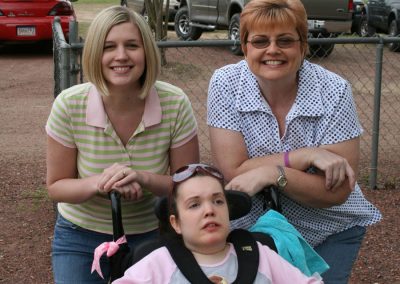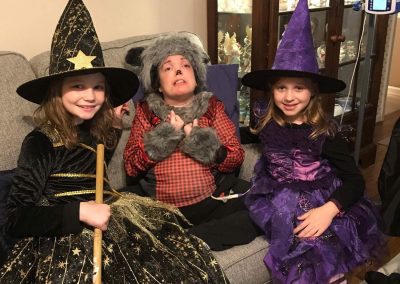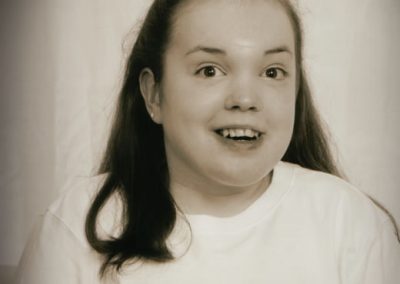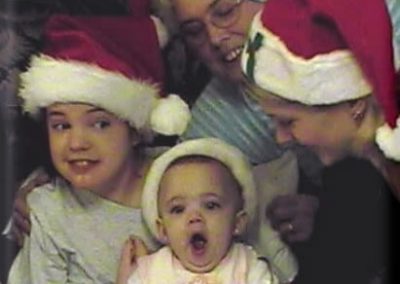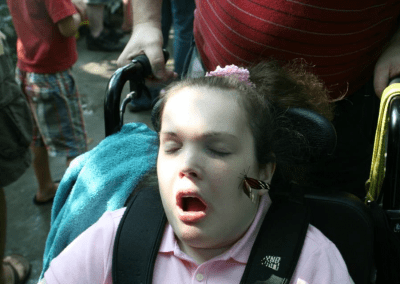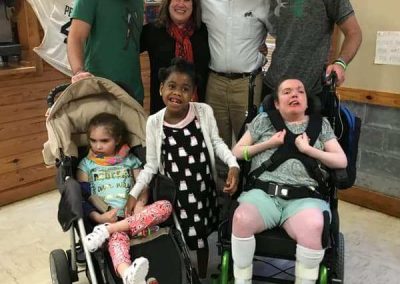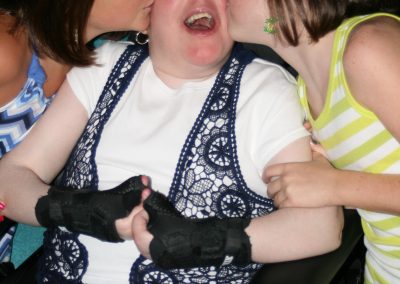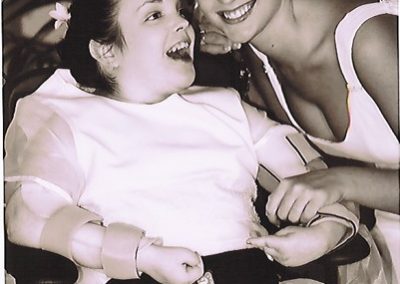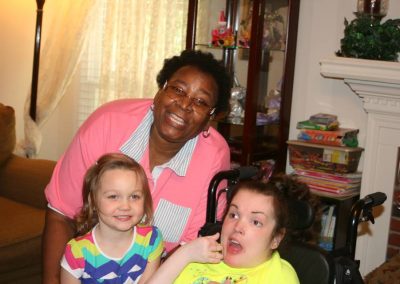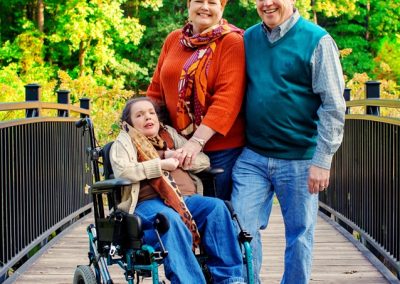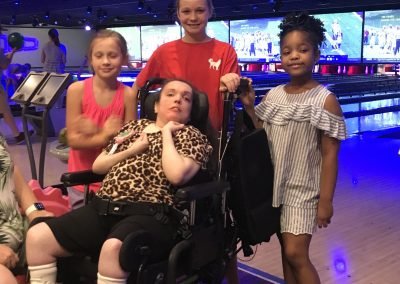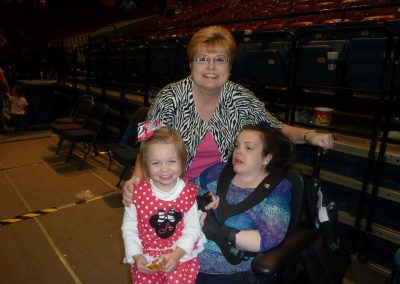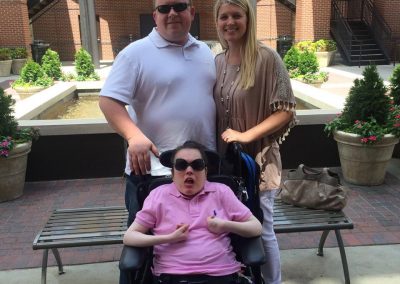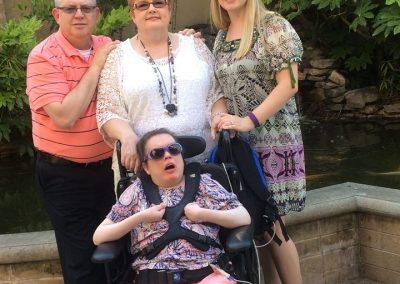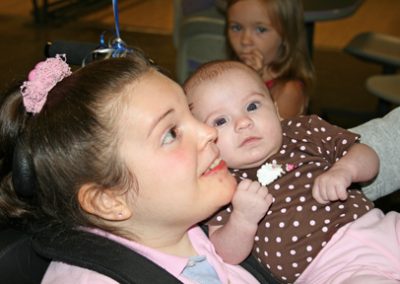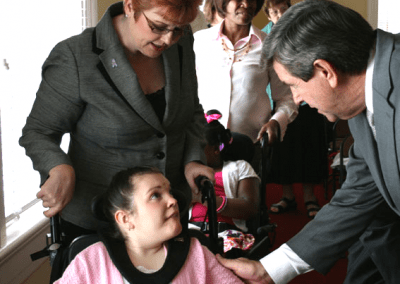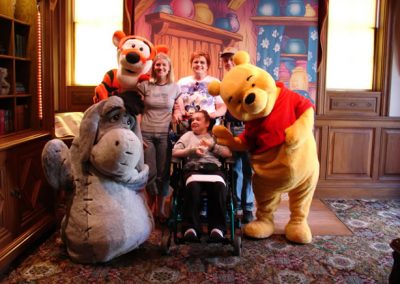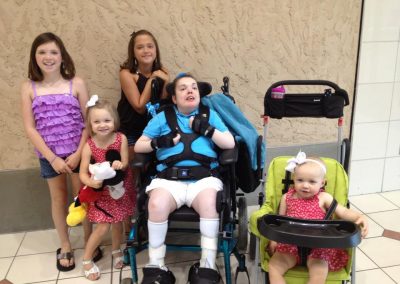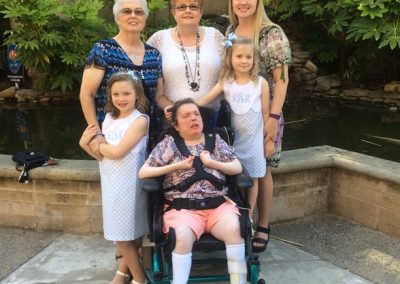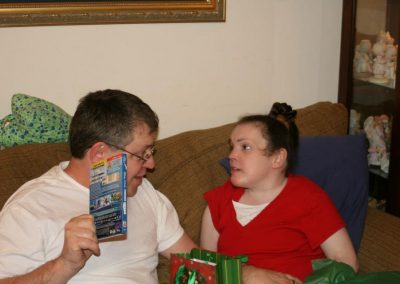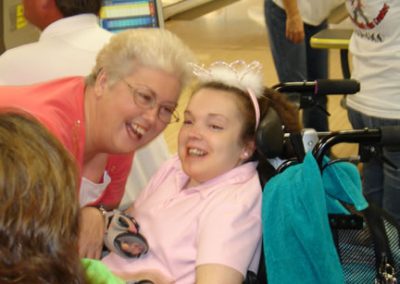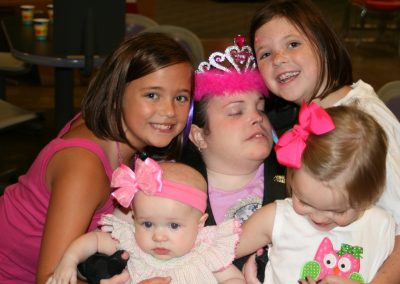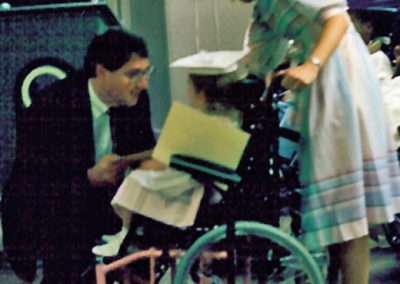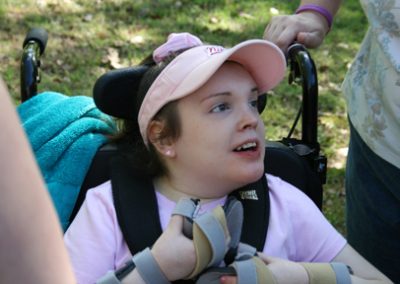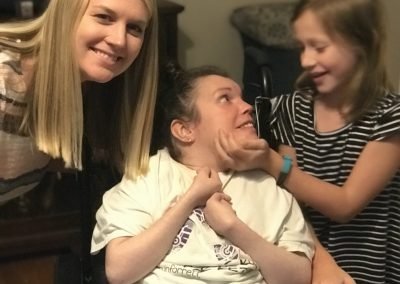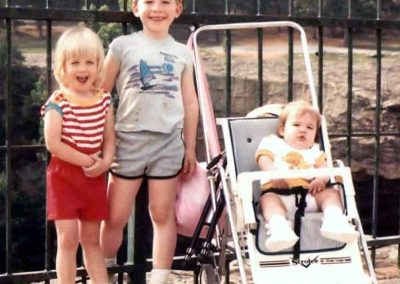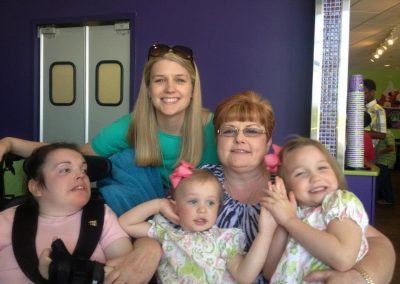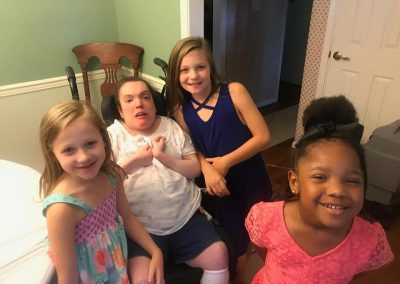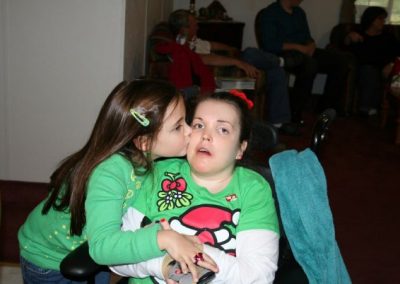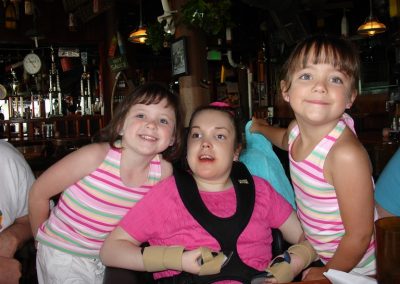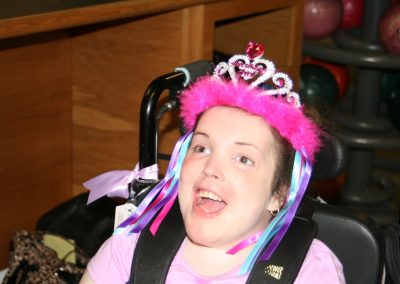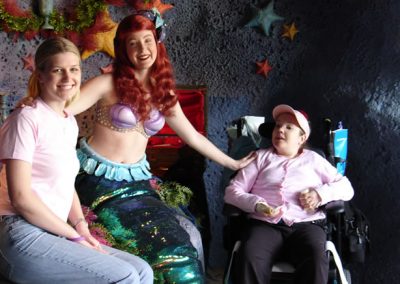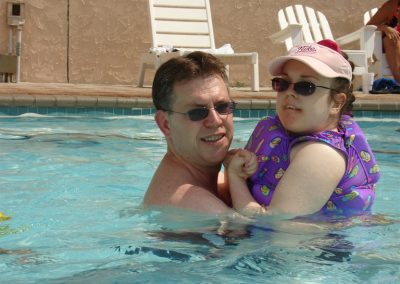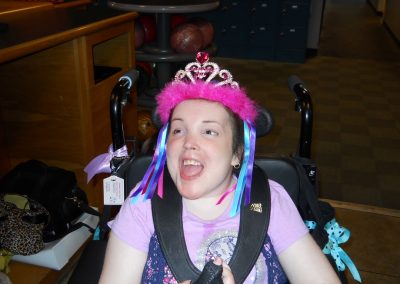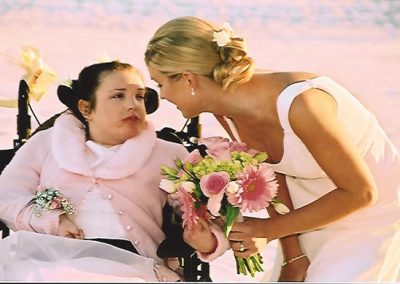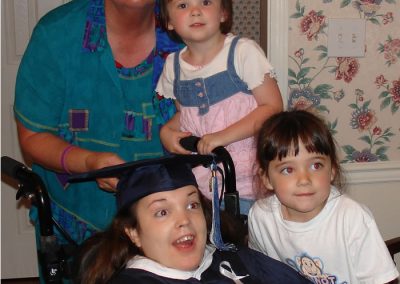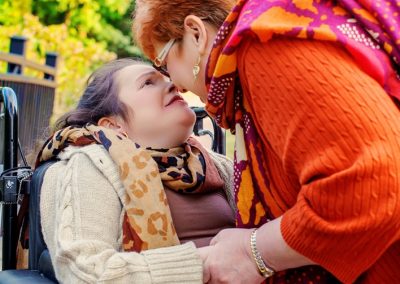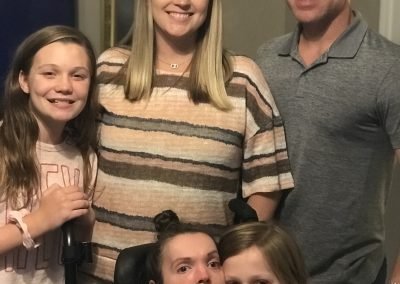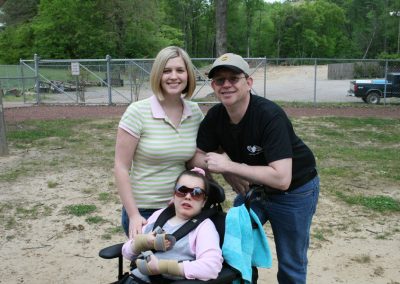In Memory of
Kimberly Lynn Davis
August 22th, 1985 ~ June 28th, 2022
Kimberly Lynn Davis, 36, of Trussville, Alabama, passed away on Tuesday, June 28, 2022.
Kimberly was born on August 22, 1985, in Birmingham, to Phil and René Davis. As a child, she lived in Birmingham before moving to Trussville in 1999. She was a 2006 Clay-Chalkville High School graduate and went to the United Cerebral Palsy Adult Program, LincPoint, for several years. Kimberly was a beautiful, loving, and silly girl. Her smile and belly laughs would make the whole room giggle. She could say more with her eyes than most people can with words. When Kimberly was three, she was diagnosed with Rett syndrome. It affected every aspect of her life, but she was such a fighter and loved her family and friends so very much.
Kimberly is preceded in death by her brother, Joshua Davis; grandparents, Reverend Joe & Gertrude Davis of Pinson, and J.T. (Jake) Self of Gardendale.
She is survived by her parents, Phil & René Davis of Trussville; grandmother, Genell Dodd of Trussville; brother and sister-in-law, Matthew & Cynthia Davis of Clinton, North Carolina; sister and brother-in-law, Nicole & Dewayne Jenkins of Trussville; nieces and nephews: Allie & Amelia Jenkins of Trussville, and Charlotte, Kaden, & Mason Davis of Clinton, North Carolina; special friend, Carlina Burkett of Springville; and numerous aunts, uncles, cousins and friends.
The family would like to thank several people for their wonderful care over the years: Dr. David Glasgow, Dr. Alan Percy, Mrs. Jane Lane, RN, BSN, Suzanne Geerts, B.S, M.S., R.D, and the wonderful staff of Benjamin Russell Children’s Hospital and UAB Hospital.
In lieu of flowers, the family requests that donations be made in Kimberly’s name to either the Suki Foundation for Rett Syndrome at www.sukifoundation.org or the International Rett Syndrome Foundation, 4600 Devitt Drive Cincinnati, OH 45246 or www.rettsyndrome.org.
Funeral arrangements are being directed by Deerfoot Memorial Funeral Home of Trussville. The visitation will be on Saturday, July 2, 2022, from 11:30 a.m. to 1:00 p.m. at Northpark Baptist Church in Trussville. The funeral will start at 1:00 p.m. Immediately following the service, the interment will be at Liberty-Minter Cemetery in Morris.
Kimberly will be missed so much by her family, friends, and loved ones. She was so very special! When you think of her, remember her beautiful smile. Please visit Kimberly’s website for more information on Rett syndrome and leave a special memory on her guest book. www.rett-syndrome.net
About Rett Syndrome
Rett syndrome is a unique postnatal neurological disorder that is first recognized in infancy and seen almost always in girls, but can be rarely seen in boys.
Rett syndrome has been most often misdiagnosed as autism, cerebral palsy, or non-specfic developmental delay.
Rett syndrome is caused by mutations on the X chromosome on a gene called MECP2. There are more than 200 different mutations found on the MECP2 gene. Most of these mutations are found in eight different “hot spots.”
Rett syndrome strikes all racial and ethnic groups, and occurs worldwide in 1 of every 10,000 female births. Although Rett syndrome can affect males, the incidence in males is not known.
Rett syndrome is not a degenerative disorder.
Rett syndrome causes problems in brain function that are responsible for cognitive, sensory, emotional, motor and autonomic function. These can include learning, speech, sensory sensations, mood, movement, breathing, cardiac function, and even chewing, swallowing, and digestion.
Rett syndrome symptoms appear after an early period of apparently normal or near normal development until six to eighteen months of life, when there is a slowing down or stagnation of skills. A period of regression then follows when she loses communication skills and purposeful use of her hands. Soon, stereotypical hand movements such as handwashing, gait disturbances, and slowing of the normal rate of head growth become apparent. Other problems may include seizures and disorganized breathing patterns while she is awake, an abnormal side-to-side curvature of the spine (scoliosis), and sleep disturbances. In the early years, there may be a period of isolation or withdrawal when she is irritable and cries inconsolably. Over time, motor problems may increase, but in general, irritability lessens and eye contact and communication improve.
Rett syndrome is confirmed with a simple blood test to identify the MECP2 mutation. However, since the MECP2 mutation is also seen in other disorders, the presence of the MECP2 mutation in itself is not enough for the diagnosis of Rett syndrome. Diagnosis requires either the presence of the mutation (a molecular diagnosis) or fulfillment of the diagnostic criteria (a clinical diagnosis, based on signs and symptoms that you can observe) or both.
Rett syndrome can present with a wide range of disability ranging from mild to severe. The course and severity of Rett syndrome is determined by the location, type and severity of her mutation and X-inactivation. Therefore, two girls of the same age with the same mutation can appear quite different.
Rett syndrome in males is rare, but does occur at low prevalence. With advances in research, diagnosis and increasing awareness we now have a better understanding of how a mutation in an X-linked gene leads to Rett syndrome in males.
Rett syndrome presents many challenges, but with love, therapy and assistance, those with the syndrome can benefit from school and community activities well into middle age and beyond. They experience a full range of emotions and show their engaging personalities as they take part in social, educational, and recreational activities at home and in the community.
To learn more about Rett Syndrome please visit: https://www.rettsyndrome.org
